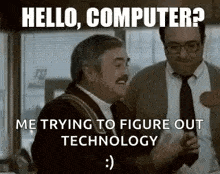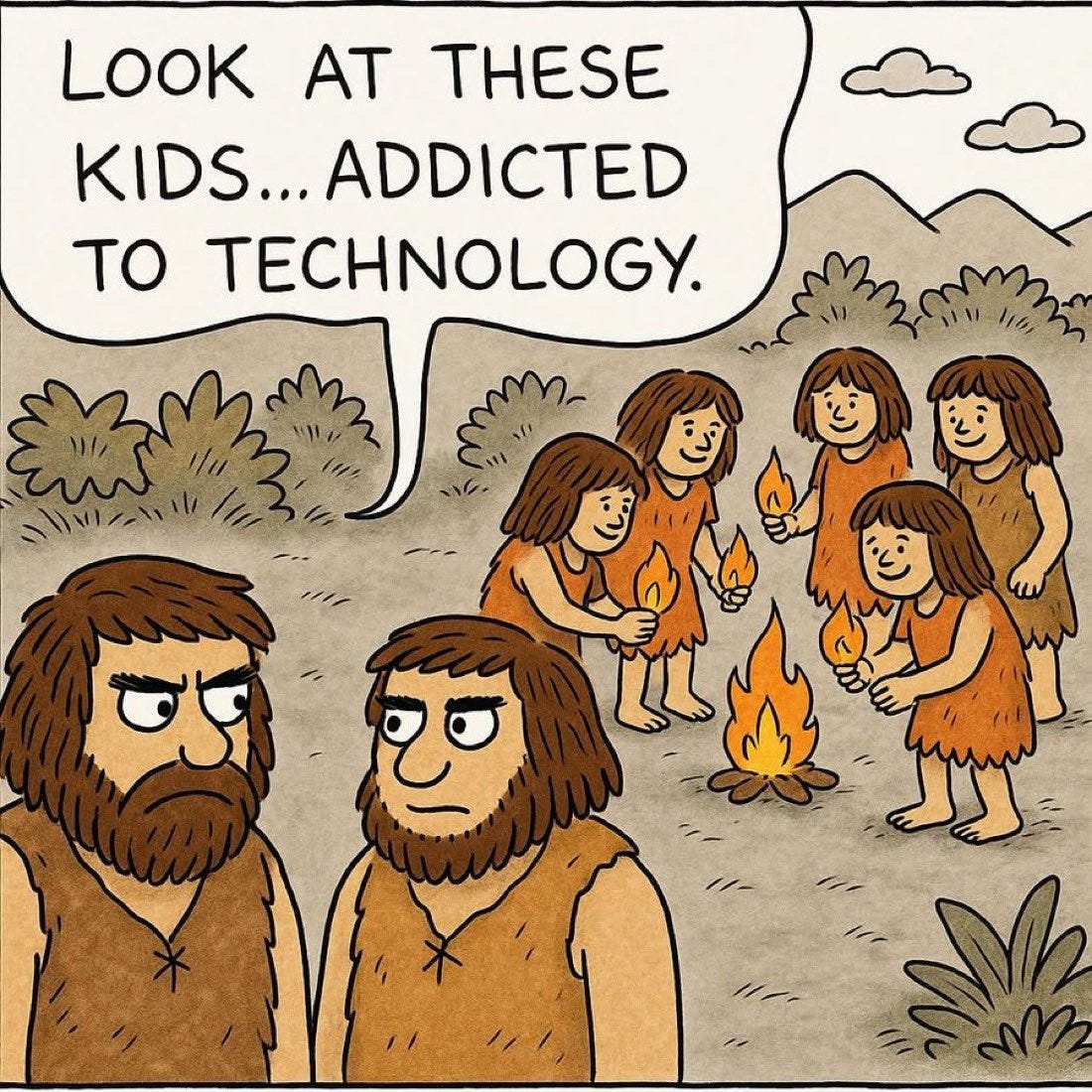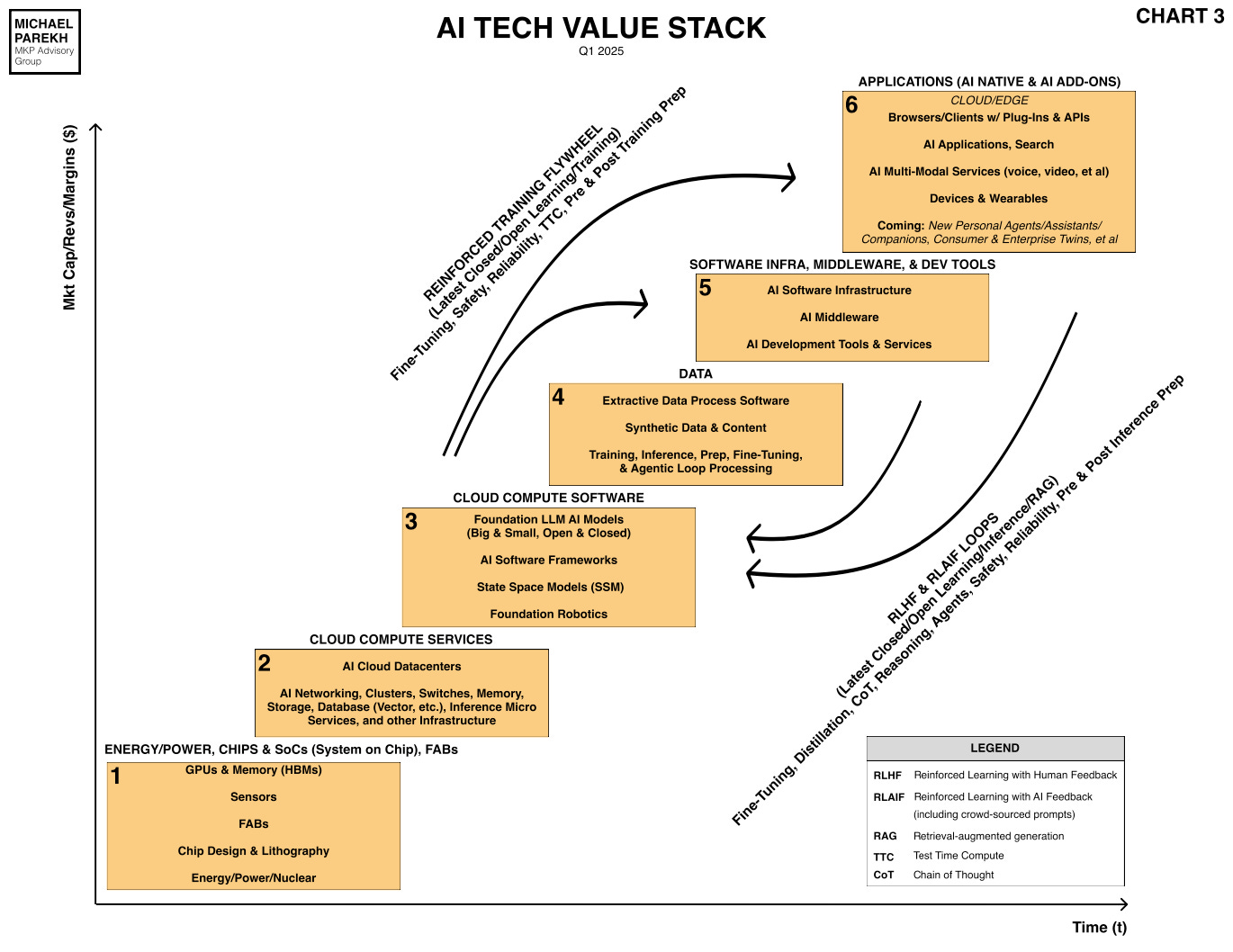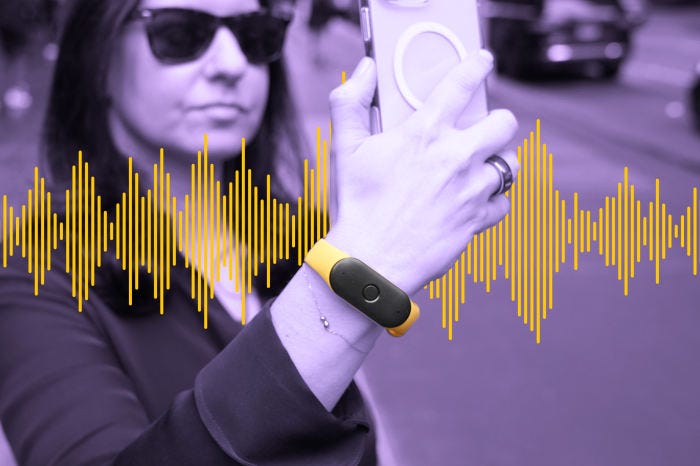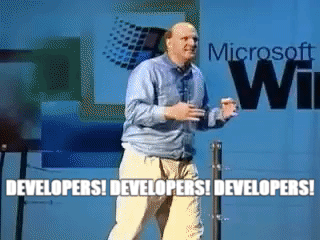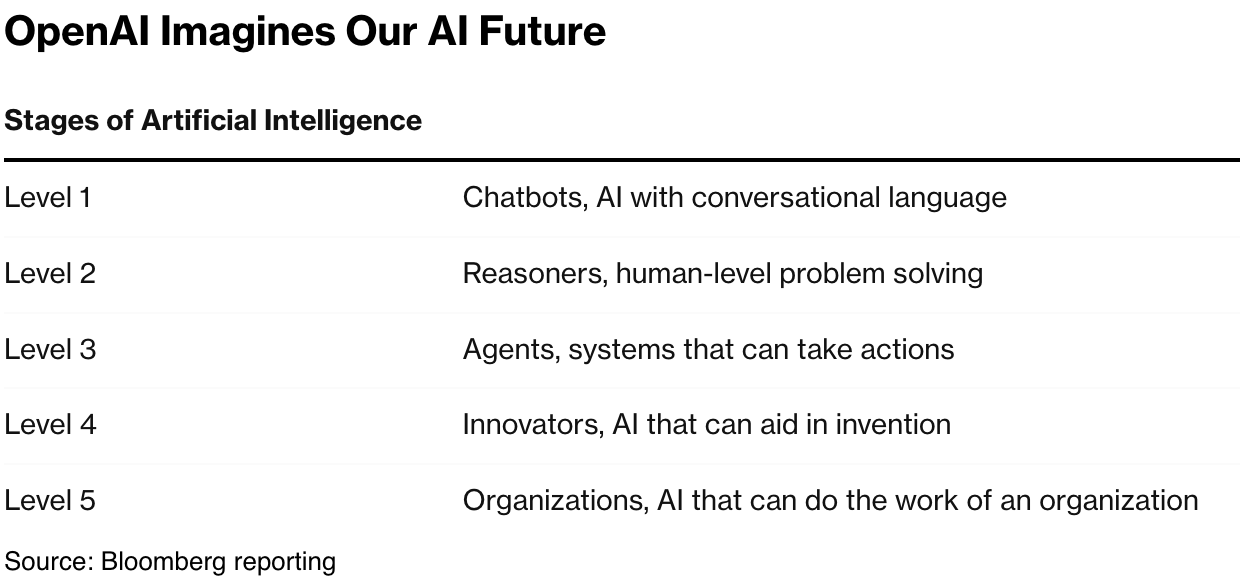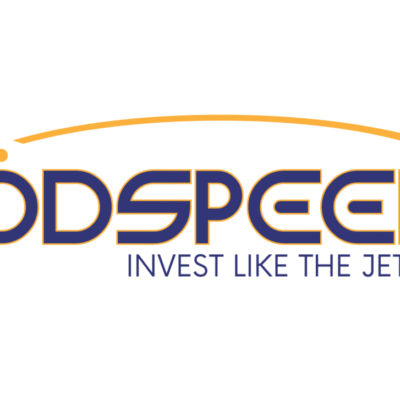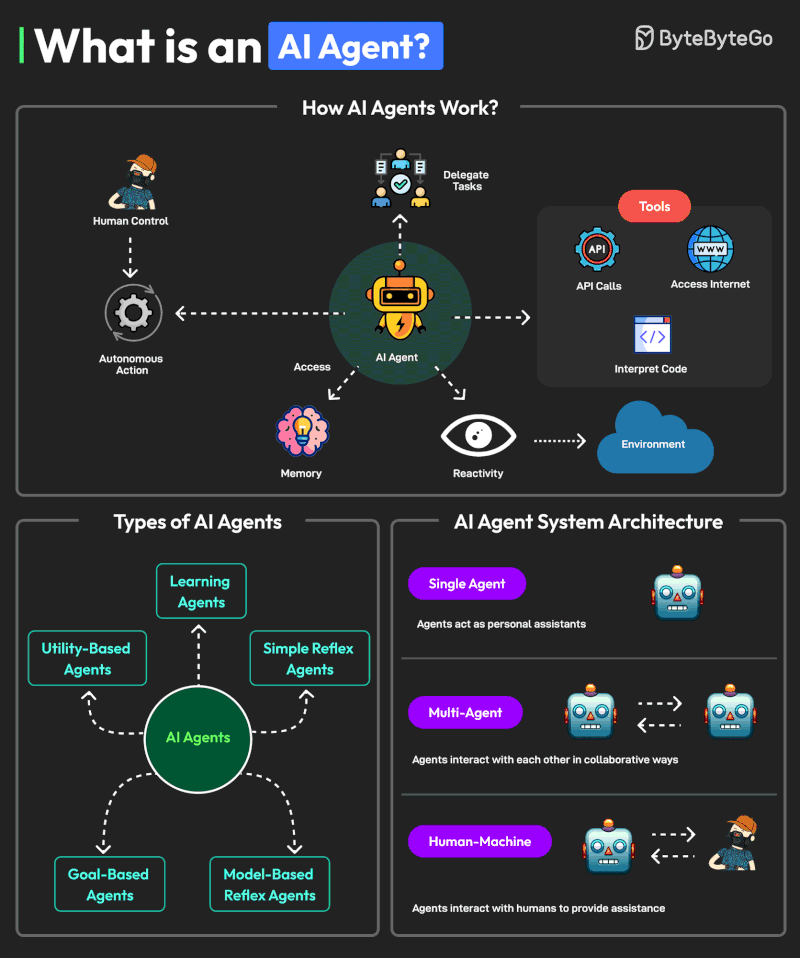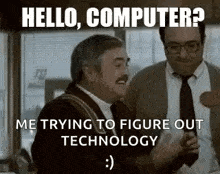
AI: Sam Altman on Generational Differences on AI Use. RTZ #723
The Bigger Picture, May 18, Sunday, 2025
Older generations have always had a different pace in adopting new technology. It was a vivid point made by OpenAI Founder/CEO Sam Altman in a notable 30 minute sit down interview at uber-VC Sequoia’s AI Ascent conference in CA this week. The audience comprised of founders and developers of the next generation AI/Tech companies. A key point he focused on was at the 14 minute mark, where he discusses the generational differences on AI usage between younger and older users. It speaks to the age-old reality that younger folks are always leaning more into tech than their elders.
It’s a critical point to keep in mind, as evidenced by OpenAI even amongst its own people as Sam discusses. Important particularly, as OpenAI is reorganizing the company around Boxes 3 to 6 (Applications Layer) of the AI Tech Wave.
It’s such an important point that I thought it’d be useful to do a video discussion on the subject with my 23 year old nephew Neal Makwana. He graduated last week from UT Austin with top grades, earning his Master’s in Computer Science and Business Analytics. And he’s been keenly focused on tech Product Design, while studying and using this AI Tech Wave stuff for some years now.
That YouTube discussion brought up a number of key points that I thought would be a useful ‘Bigger Picture’ to discuss this Sunday.
The full 40 minute video of Neal and my discussion on this topic is up on YouTube at this link. It’s 40 minutes, with shownotes on key links and time marks on the topics discussed. You can even listen at 2x speed if desired :)). (Subscribing and Liking the video of course optional, and always appreciated).
While Sam makes a number of key points in his talk at Sequoia worth watching, there are four areas in particular that I thought were notable enough to discuss in this Bigger Picture:
-
Generational Differences in AI Usage today: Sam discusses at the 14 minute mark, how the younger folks at OpenAI, AND their usage base, tends to use AI as an Operating System for most aspects of their professional, academic, and personal lives. This while most older users tend to use AI as a Search substitute, and to tackle specific work reasoning problems. This delta of course will close over time, but the gap is notable as it stands today. Particularly notable is the younger generation ‘Trust’ in these AI systems vs older users. My nephew Neal expands on this with anecdotal and personal examples on this is vividly correct, and his commentary is worth a watch.
-
Coming blending of Voice AI with Graphical User Interfaces (GUI): This point at the 19 minute mark by Sam is particularly notable, since it points to the artificial gaps in today’s AI products not only from OpenAI, but Anthropic, Google Gemini and others. Rather than think of Voice as a separate AI UI by itself, it becomes exponentially more useful when combined with traditional GUIs on computers, and touch screen UIs on Smartphones. There’s a lot of technical work on that front, but in terms of ‘AI Add Ons’, and ‘First Principles’ AI Native versions, but it’s coming.
-
AI Coding not just a Vertical for OpenAI: This was particularly notable at the 20:45 minute mark, as Sam took a pause answering this question from the audience. It’s noteworthy that today’s rush by LLM AI companies to focus on the AI Coding vertical for Developers, is likely going to lead to deep building in of these capabilities by the LLM AI companies to serve AI Reasoning, Agents and more to their mainstream business and consumer users down the road. It explains one of the drivers behind OpenAI’s recent acquisition of AI coding firm Windsurf for $3 billion. It’s also something that comes natively to today’s generation of young developers coming on line, like Neal and his peers.
-
Sam’s AI ‘value-added’ roadmap through 2027: This was interesting at the 27:30 minute mark, where Sam talks about OpenAI’s near term ‘value’ roadmap, with AI Coding being important this year, with next year seeing a focus on AI innovations around reasoning and agents, and 2027 seeing more AI development around Physical World opportunities like Robots and beyond. Again, topics the industry is focused on, but notable regardless in terms of the urgent prioritzation by OpenAI today. Neal talked about the increasing importance of analog and digital sensor data for AI systems going forward, that his peers have been paying attention to in school. Much more to come here.
Overall, these points by Sam start to paint a Bigger Picture for AI that brings a sharper focus on some key items amongst the plethora of AI innovations and priorities in this AI Tech Wave.
And it was helpful to hear from the younger generation on how their views on all this are being shaped. Especially with their far deeper usage of the AI tech of today. Again, enjoy the YouTube discussion on the Sunday video AI: RTZ episode. Stay tuned.
(NOTE: The discussions here are for information purposes only, and not meant as investment advice at any time. Thanks for joining us here)

